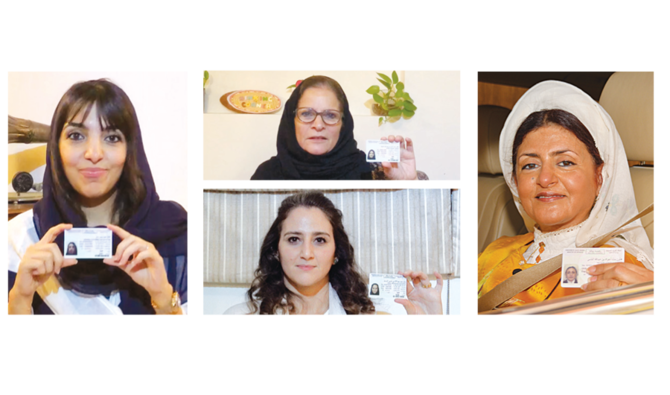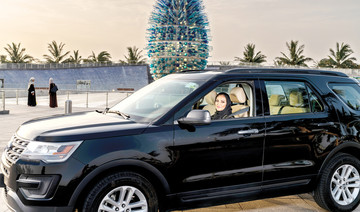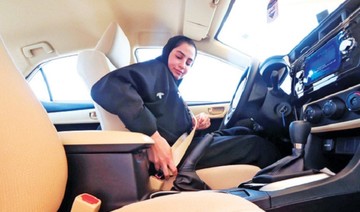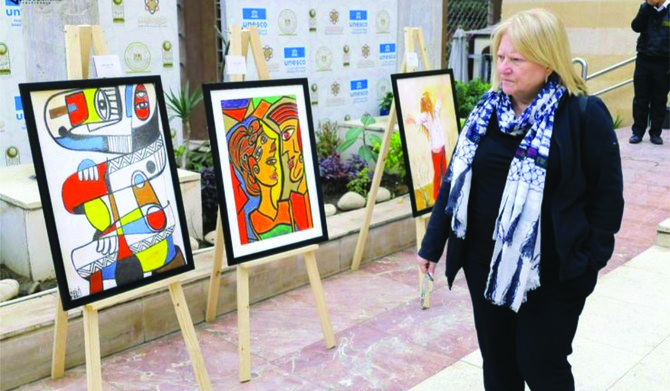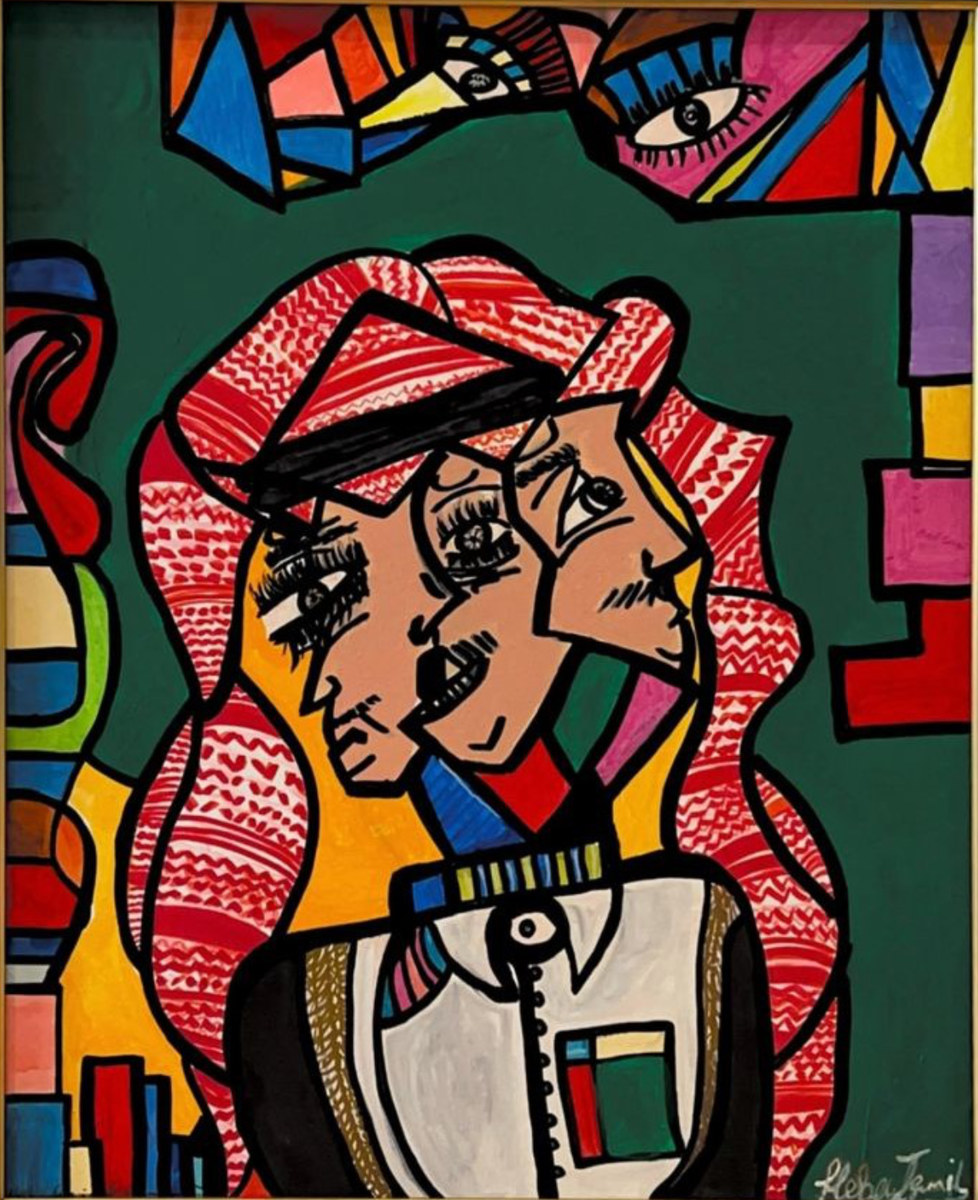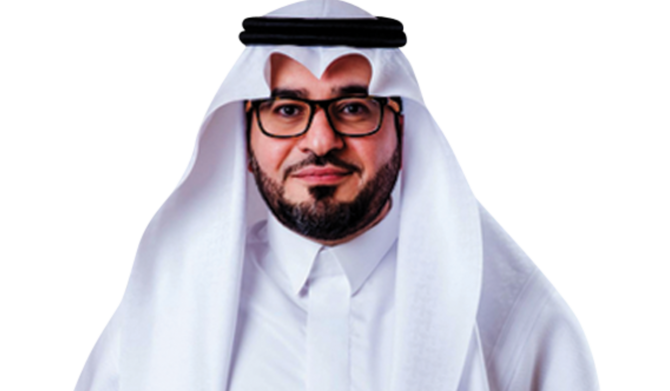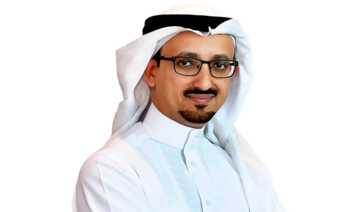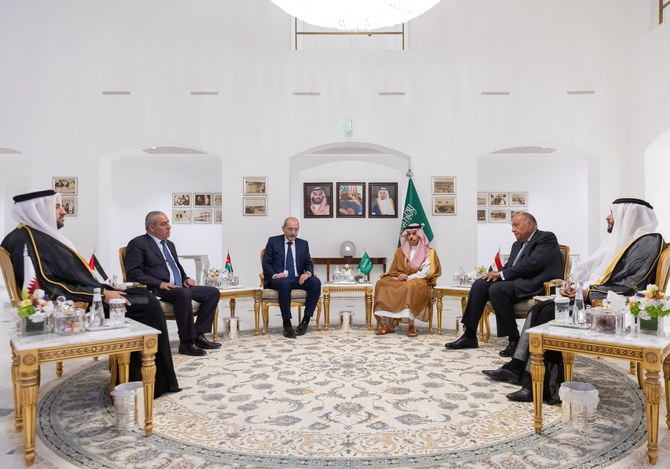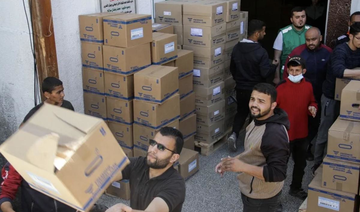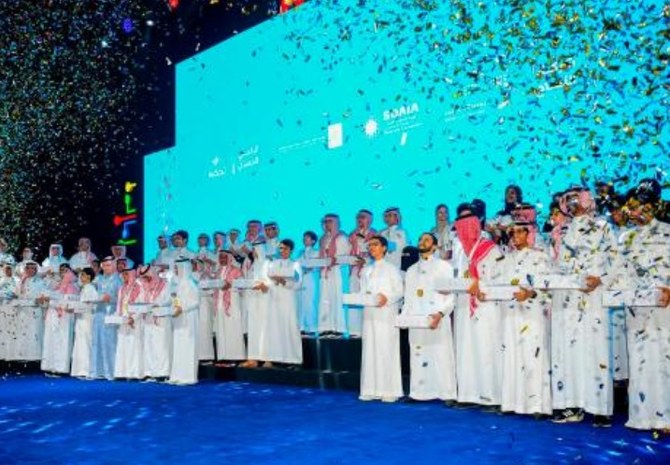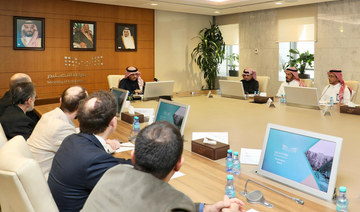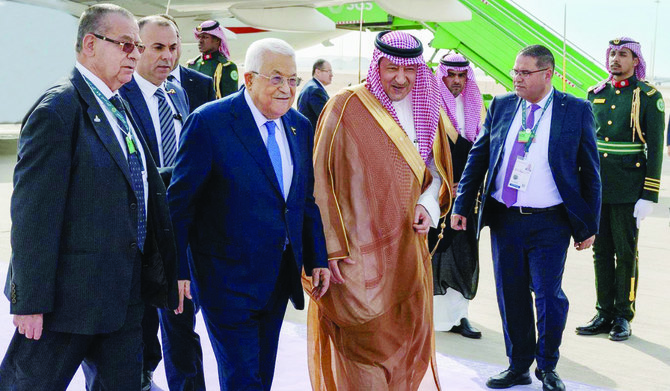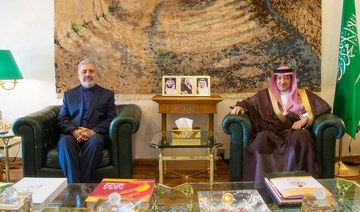In just three days’ time, Saudi women will be able to take to the wheel and drive.
Many have been telling Arab News how simple it was to obtain a license, how much they are looking forward to driving — and what this transformation in Saudi society means to them.
“It is as if I have been recognized as an equal citizen,” said Hatoon Ajwad Al-Fassi, a historian and columnist at Al Riyadh newspaper. “I have to admit that it’s a bit surreal.”
Women who already held valid driving licenses from authorized countries found the process of switching to a Saudi one simple.
“I have never seen such ease in obtaining my Saudi license, the easiest license I’ve ever gotten in my life,” said Noor Ashadawi, 36. a finance manager in Alkhobar.
“After going through Absher and making an appointment at the Traffic and Road Safety Department website, we got an appointment for early Ramadan in Alkhobar. It was canceled, but I was given a new one for the next day.”
“The process didn’t take more than 15 to 20 minutes maximum. The staff inside were extremely friendly. I could say they were just as happy as we were to be there.
“It’s very exciting and reassuring to see that everyone is on board and supporting us. I am, as are many, simply overjoyed, and can’t wait.”
Al-Fassi said: “I felt strange going in the front door of the main traffic department, one of the taboo places for women in Saudi Arabia. But I was well received and guided to the licenses section immediately.”
Norah Al-Jaser, an employee at a telecommunications company, has registered in the driving school in Riyadh and hopes to obtain her license soon. She has recently started attending theoretical driving lessons. “Attending the classes has given me insight into the traffic laws in place. I can see that unfortunately they’re not being implemented by many drivers, but I plan on abiding by the laws.
“I intend following the rules to the letter, or else what would be the point of taking all the necessary theoretical and practical lessons? The material is very thorough and I believe it’s the most ideal lessons to ensure we succeed and drive safely on our roads.”
Many women plan to hit the road on June 24 and enjoy their new travel independence, without the need for a man to drive them. Others will wait it out for a while, in case the first few weeks on the road are hectic and chaotic.
“After driving for 18 years abroad, I’m elated with the fact I had my Saudi licence issued to me with tremendous ease,” said Najla Redwan, a home business owner and examiner at the Jeddah Advanced Driving School. “I am also an examiner at a school and I would like to drive in my city, Jeddah, which I hope to do soon.
“As an examiner, it’s my job to evaluate students and give them a passing or failing grade before they head to the Traffic and Road Safety Department. But I can see how driven and determined the students are to commit to the material being taught at the school and how much of a burden will be lifted once they get their chance at driving.
“The class has people from all walks of life, but one thing’s for sure, they’re here to learn and are determined to be the best they could be for their sake and the sake of this given right.”
And what will these women do on their first day at the wheel? “I’m planning to drive with my husband and children around Riyadh,” Al-Fassi said. “Celebrating will be the first aim, then I will see where I need to go on that day.”
“The gym and office, of course!” said Ashadawi, with a laugh. “I’m finally going to drive myself to work instead of quarreling with my sister over who takes the driver first. It’s going to be good and I can’t wait.”


